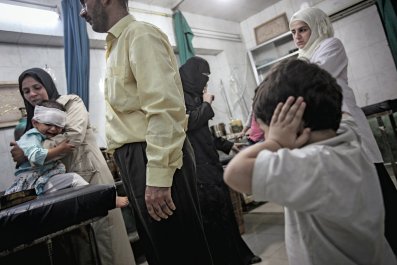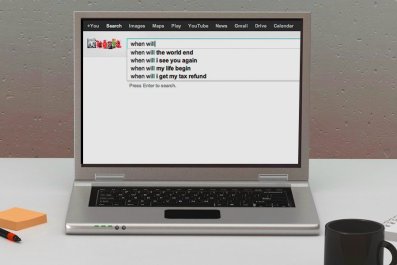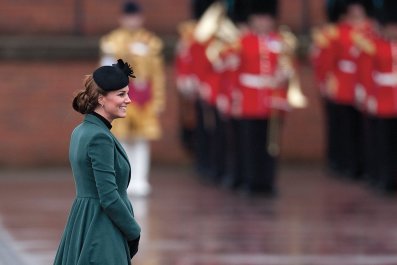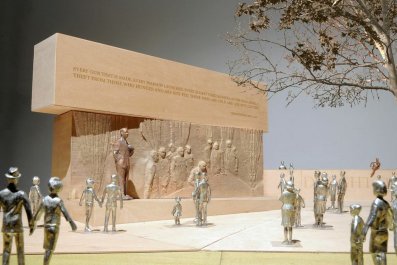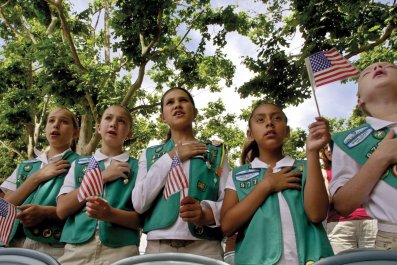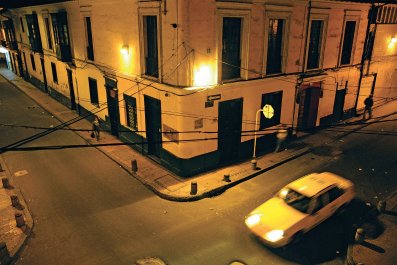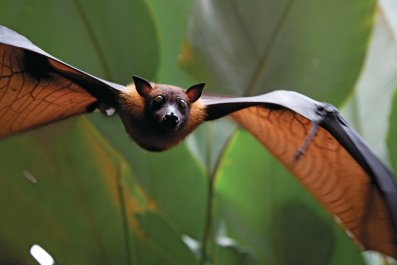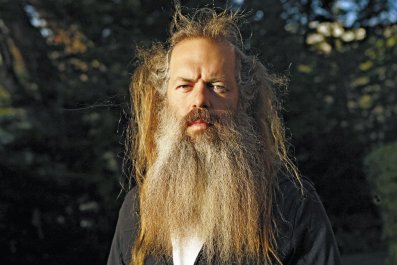A RECENT study published in the peer-reviewed journal Plos One concluded that "metaphors covertly influence reasoning"; they work on our minds, even if we don't remember precisely what they were. If you talk about crime as "a beast," for instance, most people think about punishment. If you talk about it as "a virus," they tend to focus on root causes. Well, if that's so, then Duke University's Miriam Cooke may have come up with a metaphor that will insinuate itself into a better understanding of the way the Middle East functions, especially the oil-rich tribal monarchies around the Persian Gulf, where many cultures meet without really blending. The image she uses in her forthcoming book Tribal Modern is summed up in the Arabic word barzakh, which is usually translated as "barrier" but is used in the Quran to signify a place where saltwater and freshwater seas meet but do not mix. After more than 50 years of intensive contact, she says, "the tribal does not compromise with the modern, nor does the modern erase the tribal. Is it possible? By Aristotelian logic, no; by barzakh logic, yes." Such is the metaphorical nature of reason in the poetic Middle East.
A Middle East Metaphor




